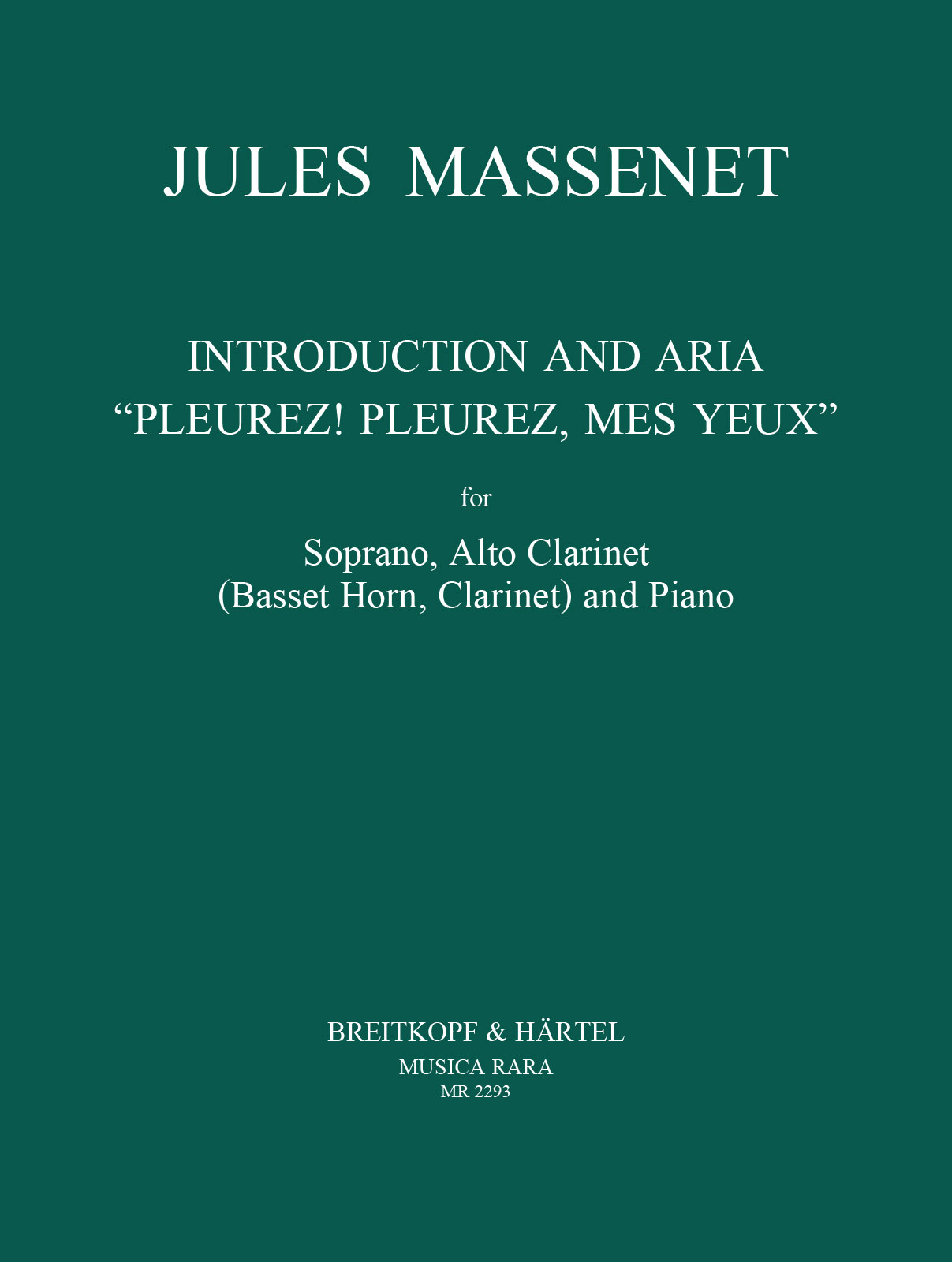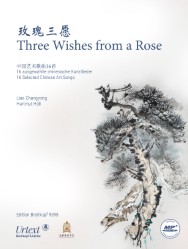“Pleurez! Pleurez, mes yeux”
Introduction and Aria from the Opera “Le Cid”

Composer: Massenet, Jules
Instrumentation: Soprano, Alto Clarinet (Basset Horn/Clarinet) and Piano
Editor: Newhill, John P.
Publisher Breitkopf and Hartel
Massenet's “Pleurez! Pleurez, mes yeux” is from the third act of his opera "Le Cid", which premieresd at the Palais Garnier, Paris, on 30th November…
Digital Download – PDF
Shipping costs: No shipping
R.R.P £20.00
Our Price: £17.00




